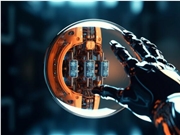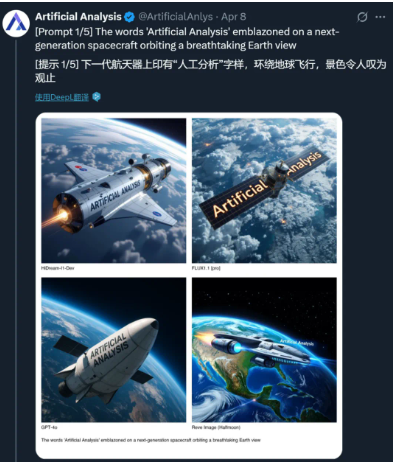Recently, a U.S. court ruled in favor of Thomson Reuters in a copyright case involving artificial intelligence (AI) technology. This ruling marks a significant struggle between AI and copyright rights, especially in the field of generative AI. The focus of the lawsuit was Thomson Reuters' accusation that certain AI companies used its copyright-protected data without authorization to train their models and generate similar content.

The court's decision has profound implications for rapidly developing generative AI companies and their content creators. Many generative AI tools rely on learning from vast amounts of data to produce new content. This raises the question of whether it is legally permissible to use copyrighted material for AI training. Thomson Reuters' victory not only provides legal support for its copyright protection but also sets an important precedent for other content creators.
In this case, the court determined that Thomson Reuters' data is protected by copyright, and any unauthorized use of this data constitutes infringement. This ruling will encourage generative AI companies to be more cautious, ensuring that the materials used to train their models comply with copyright laws. Additionally, it highlights the importance for many content creators to protect their works and how to uphold their rights in the face of new technologies.
As AI technology continues to develop and become more widespread, similar legal disputes are likely to occur more frequently. Thomson Reuters' victory may bring about more discussions and reflections on copyright and the use of AI throughout the industry. The outcome of this case reminds us of the increasing importance of intellectual property protection in the digital age, suggesting that the future creative environment will be influenced by stricter legal frameworks.
Key Points:
📌 Thomson Reuters won a copyright case involving AI technology in a U.S. court, which has significant legal implications.
⚖️ The court ruled that its data is protected by copyright, and unauthorized use constitutes infringement.
🔍 This case provides an important legal precedent for the future of generative AI companies and content creators.










